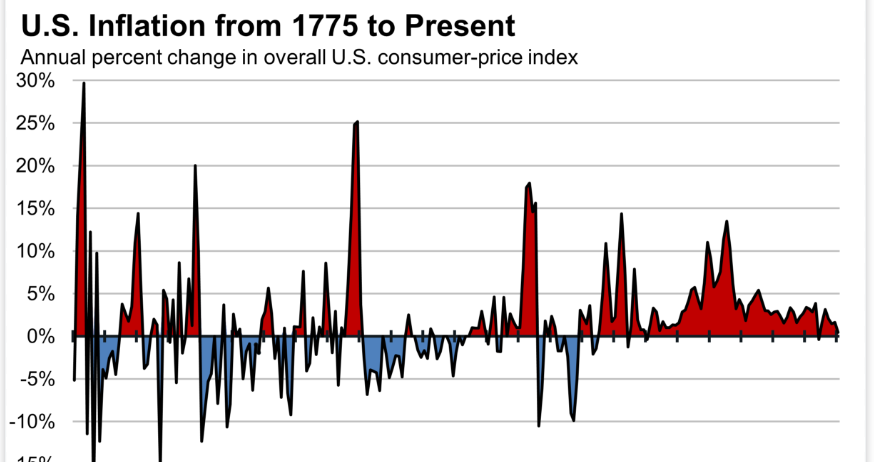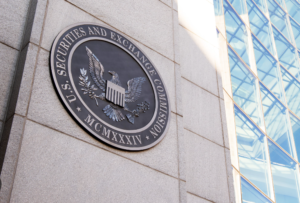$AAPL $META $BTC
#UK #inflation #economy #ONS #spending #consumertrends #technology #VR #foodindustry #markets #crypto #stocks
The Office for National Statistics (ONS) has updated the basket of goods and services it uses to measure inflation in the United Kingdom, reflecting shifts in consumer spending habits. Among the additions this year are virtual reality (VR) headsets and pulled pork, illustrating both technological advancements and changing dietary preferences. These annual revisions help ensure that the UK’s Consumer Prices Index (CPI) remains an accurate gauge of inflation by adjusting for evolving market trends. The inclusion of VR headsets signals the growing mainstream appeal of immersive digital experiences, propelled by companies such as Meta ($META) and Apple ($AAPL), which are heavily investing in augmented reality (AR) and VR technologies. As demand for these devices increases, market analysts anticipate further developments in the sector, potentially influencing stock performance in the tech-heavy indices.
Consumer spending patterns have also shifted towards diversified food choices, with pulled pork becoming a notable new entry in the inflation basket. This reflects the rising popularity of varied dining options, particularly in the takeaway and casual dining industry, where street food trends continue to shape menus. Inflationary pressures in the food sector remain high, with supply chain costs and labor shortages affecting restaurant prices. The food industry’s inflationary impact remains a critical factor for investors monitoring supermarkets and food producers listed on the London Stock Exchange. Additionally, as disposable income fluctuates due to economic uncertainties, shifts in consumer food preferences could prompt further adaptations across retail and hospitality markets.
The inclusion of new items in the inflation basket underscores broader economic and financial implications. For instance, VR adoption could benefit companies operating in e-commerce, gaming, and digital spaces, as enhanced virtual experiences reshape consumer interaction. A continued rise in VR and AR applications may also drive gains in semiconductor stocks and cloud computing providers, essential components of the digital ecosystem. Meanwhile, inflationary shifts in the food sector could influence central bank policies, as regulators assess cost-of-living impacts on consumer confidence and disposable income. The delicate balance between economic growth and inflation management remains a focal point for Bank of England policymakers, who must weigh the implications of rising prices against the need for monetary stability.
Financial markets tend to react to inflation data, with stock and cryptocurrency ($BTC) investors closely monitoring price trends for signals about future monetary policy. As inflation adjusts, bond yields, currency values, and equity markets typically respond in turn. The evolving consumer spending habits observed through these ONS updates may also indicate long-term market trends, particularly in sectors experiencing structural changes like technology and food services. Investors and analysts will continue assessing these inflation basket adjustments to refine their forecasts and investment strategies, with particular attention to companies at the forefront of innovation and consumer preference shifts.











Comments are closed.